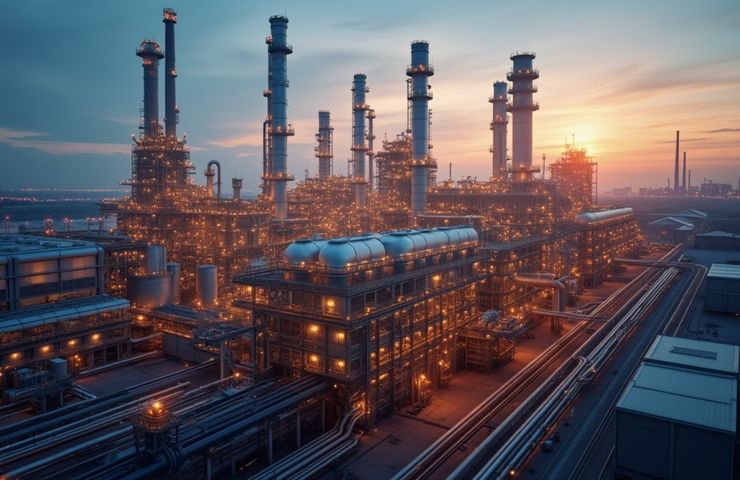
Stanlow Refinery Fires Up UK’s Hydrogen Future with Low-Carbon Furnace Upgrade
May 2, 2025EET Fuels, the company behind the Stanlow Refinery in Cheshire, UK, is taking a major step toward cleaner fuel production. They’ve just installed a brand-new hydrogen-ready furnace, which is expected to go fully live this month. What’s exciting is that this isn’t just any furnace—it’s been built to run on a mix of refinery off-gas, natural gas blended with hydrogen, and eventually, by 2028, to run purely on 100% low-carbon hydrogen.
The hydrogen for the furnace will come from EET Hydrogen’s HPP1 plant, which is still in the works. That plant will use steam methane reforming paired with CO₂ capture, a more sustainable way to produce hydrogen while keeping emissions in check.
Part of a Bigger Clean Energy Push
This new furnace isn’t just a one-off upgrade—it’s part of the broader HyNet North West initiative. Backed by the UK government, HyNet is an industrial decarbonization project focused on bringing low-carbon technologies to the North West. The goal? Speed up the clean energy transition and hit the UK’s net-zero emissions target by 2050.
By swapping out old emissions-heavy systems for newer, cleaner alternatives like this furnace, the region is making a strong play for both energy security and a cleaner environment. It’s a real boost for the local hydrogen infrastructure and a clear sign the industry is getting serious about industrial decarbonization.
Backed by Liverpool Bay CO₂ Storage
Supporting this big leap forward is the newly completed Liverpool Bay CO₂ storage network, which will help safely capture and store emissions—another big puzzle piece in the low-carbon transition. Together, these projects reflect a wider commitment from UK industry to get ahead of the curve and invest now in what’s quickly becoming the energy system of the future.
With hydrogen gaining ground as a key player in clean energy and hydrogen production technology improving, moves like this could set the standard for how we power heavy industry in the years to come.



 With over 15 years of reporting hydrogen news, we are your premier source for the latest updates and insights in hydrogen and renewable energy.
With over 15 years of reporting hydrogen news, we are your premier source for the latest updates and insights in hydrogen and renewable energy.